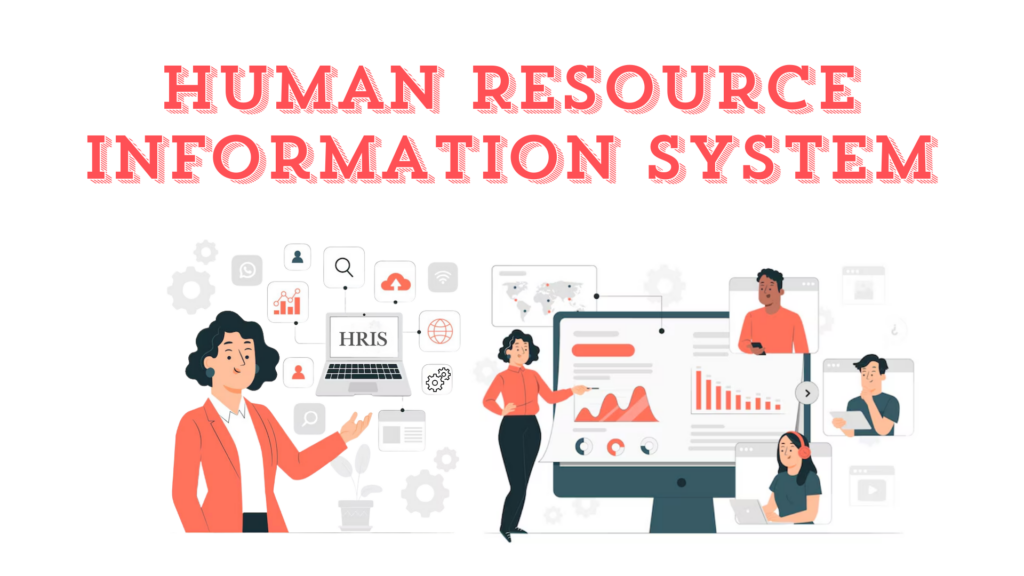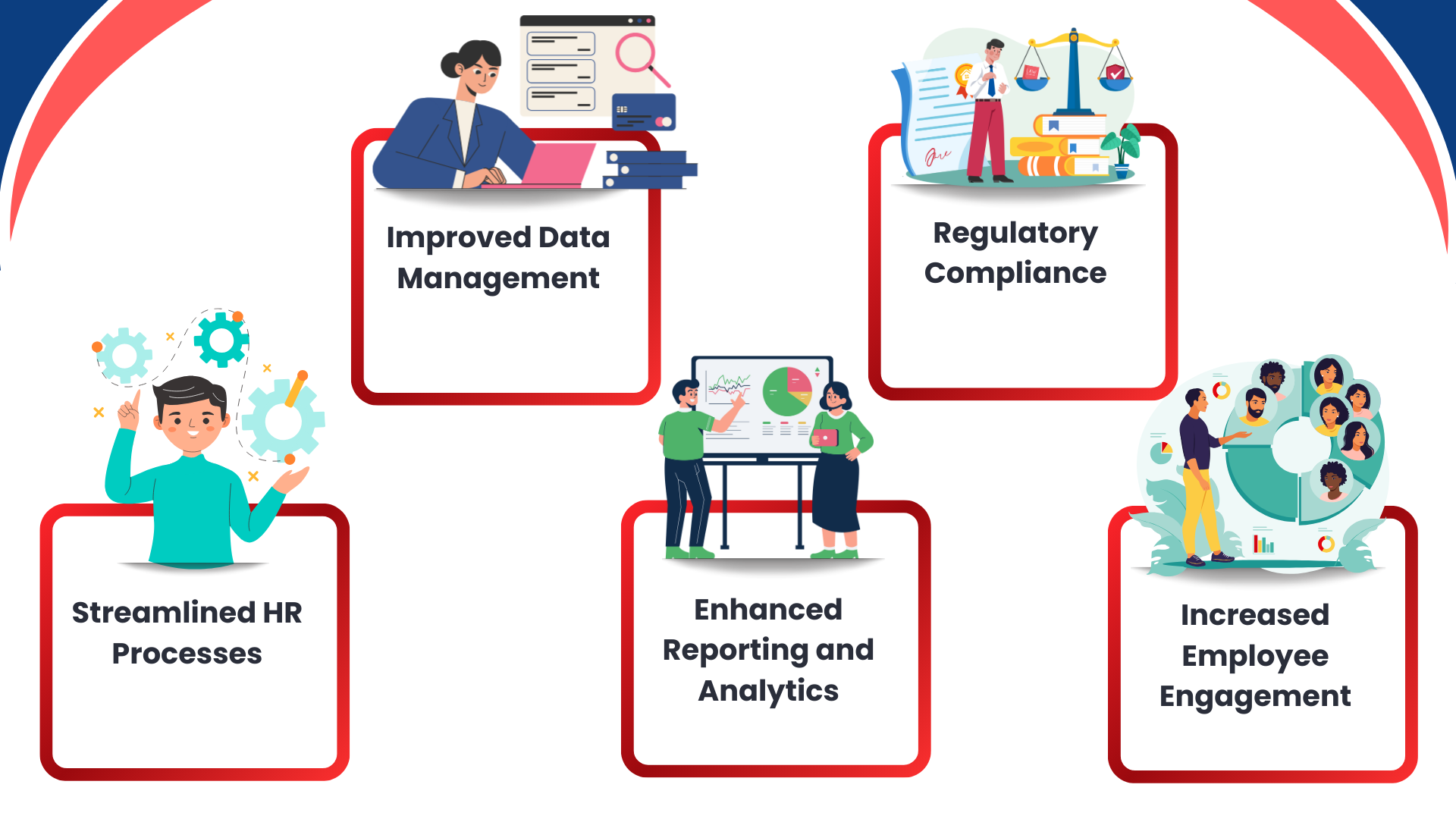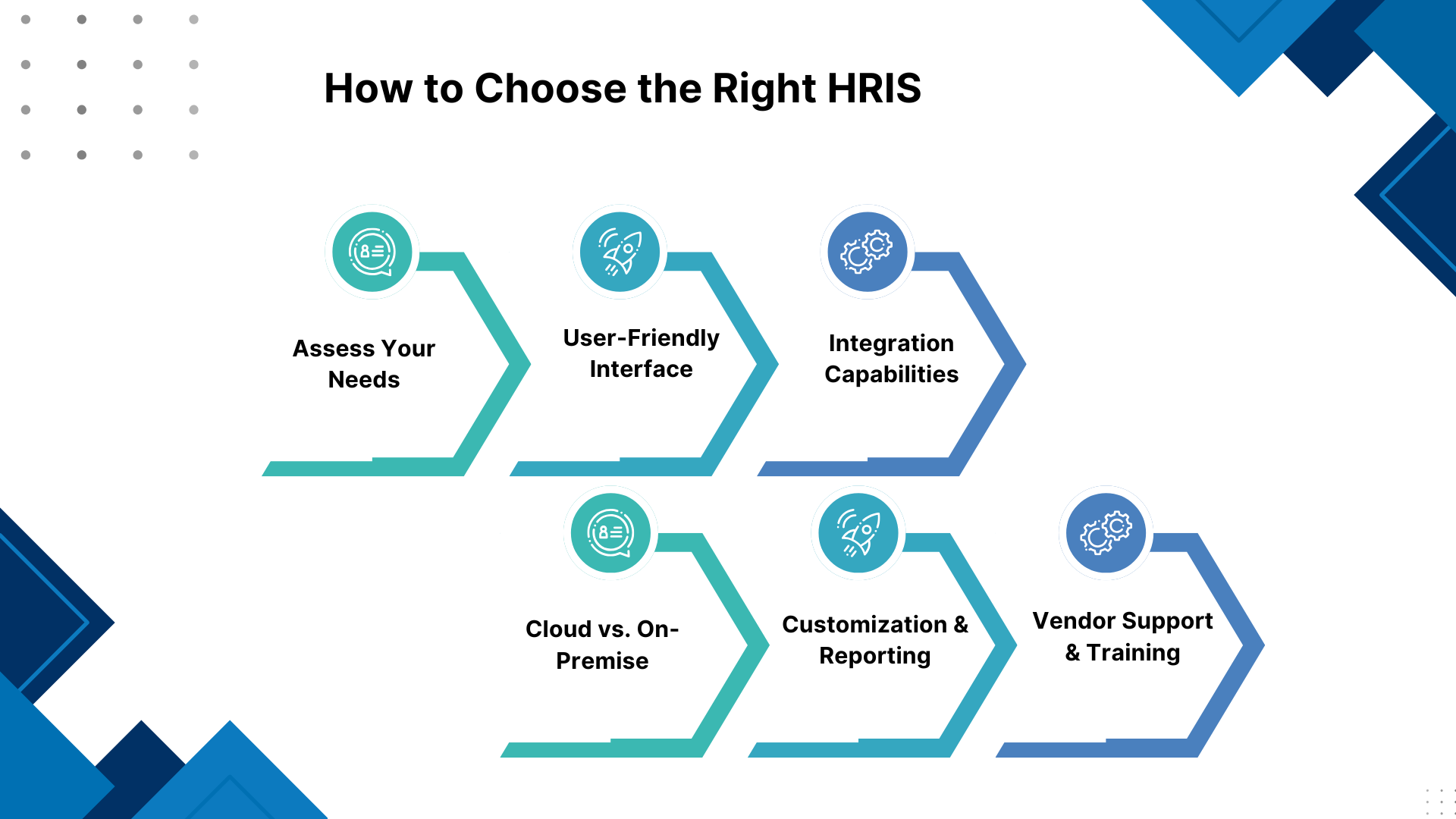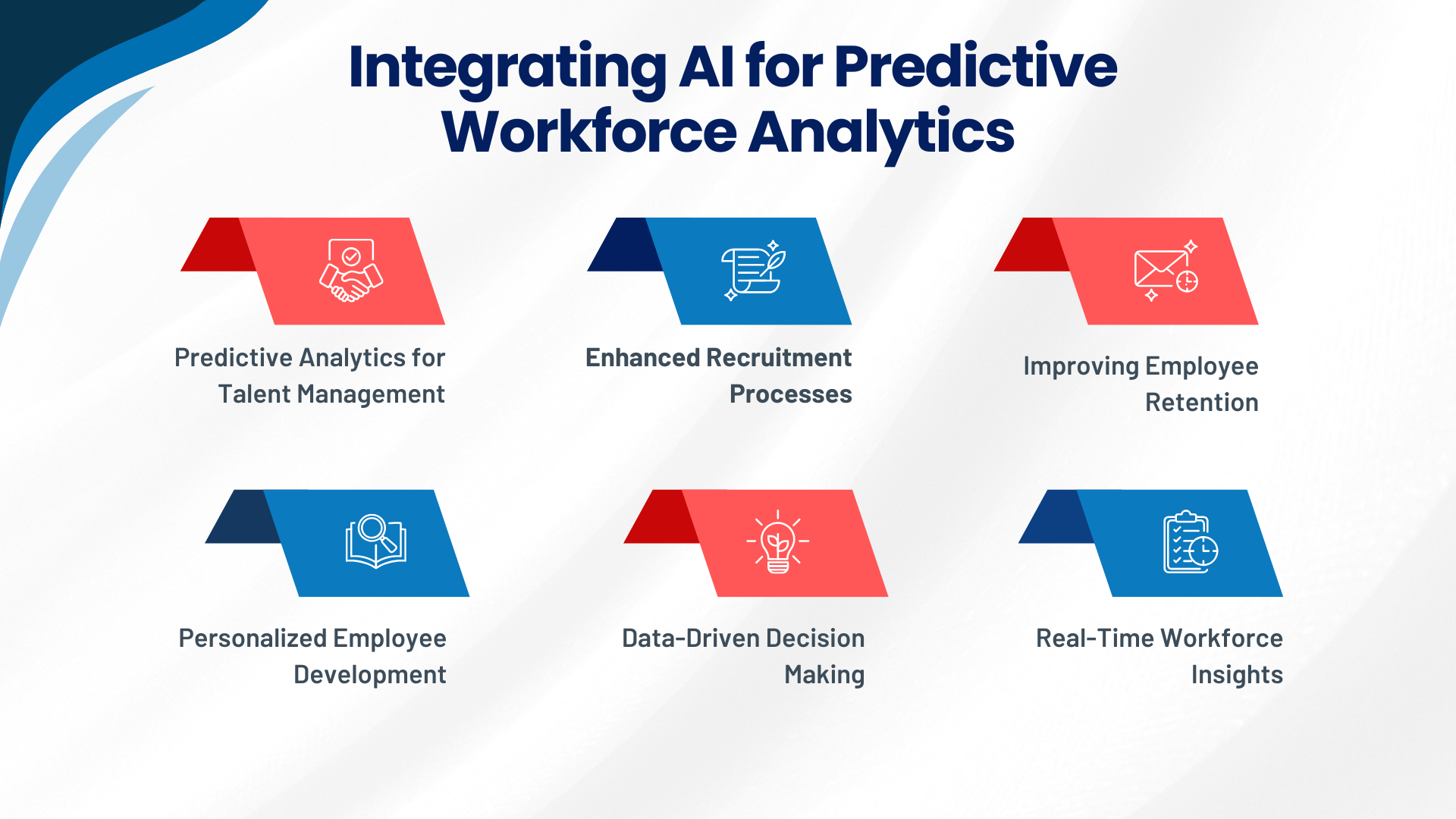
A Human Resource Information System (HRIS) is a digital platform that streamlines HR processes by managing employee data in one central location. It helps with tasks such as payroll, attendance, performance tracking, leave management, and employee records. It also enables HR practitioners to perform various tasks, including hiring, onboarding, resolving issues, and separation or retirement.
An HRIS is a centralized employee database that stores and manages essential information, including:
- Personal Details: Name, contact information, demographics.
- Employment Data: Job title, department, work status, and manager.
- Compensation: Salary, benefits, and deductions.
- Time Off: Leave balances and requests.
An HRIS can be cloud-based or hosted on a company’s own infrastructure, allowing for easy access and efficient handling of HR tasks, making it essential for organizations to manage their workforce more effectively.
Is there any difference between HRMS and HRIS?
Yes, there is a difference. HRIS primarily focuses on storing and managing employee data and core HR functions like payroll and attendance. On the other hand, HRMS includes all HRIS functionalities but also offers additional tools for managing strategic HR tasks such as performance management, recruitment, and employee development, making it a more comprehensive solution.
You might be confused with the terms HRMS and HRIS. Here’s an easy way to differentiate them:
In summary, while HRIS is focused on data management, HRMS provides a complete suite of HR tools for managing the workforce effectively.
Why You Should Incorporate HRIS in Your Organization
An HRIS Benefits More Than Just HR
Payroll analysis supports budgeting and resource allocation, benefiting finance, accounting, operations, and HR departments. A Human Resource Information System (HRIS) optimizes these processes, driving efficiency and strategic decision-making across the organization.
The following outlines the benefits that your company stands to gain when it puts in place a Human Resource Information System (HRIS). Here are some key benefits:
Streamlined HR Processes:
- Encompasses works like payments to employees, their allowances, records of performance, and other employee related processes.
- Saves time and energy because it does not place a huge burden on the human resource staff to have to actively look for candidates on their own.
Improved Data Management:
- Brings data together in single system which means data will be accurate and will not contain any duplication.
- Makes it easier to keep access to records on performance, attendance and compliance with policies easier hence improving the handling of employee records.
Enhanced Reporting and Analytics:
- Ensures that business leaders are able to put insight into measures that relate to the workforce immediately.
- Aids in discovering patterns and needs in order to best resource and serve particular businesses and markets
Increased Employee Engagement:
- It provides self-service portals for employees, so they can view their personal information, apply for a vacant time, and managing benefits.
- Improves staff’s autonomy which results in better satisfaction and lower turnover levels.
Regulatory Compliance:
- It helps in the formulation and implementation of labor laws and regulations through generating automatic notification and reporting.
- Helps to minimize potential problems in connection with the processing of personal data of employees.
How to Choose the Right HRIS
Incorporating an HRIS can significantly enhance the efficiency and effectiveness of your HR operations, ultimately contributing to the overall success of your organization.
- Assess Your Needs: Start by identifying the specific HR processes you want to automate or improve, such as payroll, attendance tracking, or performance management.
- User-Friendly Interface: Look for a system that’s easy for both HR staff and employees to use, with intuitive navigation and self-service features.
- Integration Capabilities: Make sure the HRIS can integrate seamlessly with other tools your company uses, such as accounting software or ERP systems.
- Cloud vs. On-Premise: Decide if you need a cloud-based system for flexibility and remote access or an on-premise solution for more control over data storage.
- Customization & Reporting: Choose an HRIS that offers customizable features and reporting options to meet your company’s unique needs.
- Vendor Support & Training: Ensure the provider offers adequate support, training, and updates to keep the system running smoothly.
By considering these factors, you’ll be better equipped to select the right HRIS that aligns with your company’s needs and long-term goals.
The Future of HRIS – Integrating AI for Predictive Workforce Analytics:
With organisations starting to realise the importance of holding all organisational data in one place and the benefits of having up to date predictive workforce analytics for human capital the future of ‘‘HRIS’’ is set to be revolutionized by the integration of artificial intelligence. This advancement promises to enhance HR operations, improve employee engagement, and foster strategic workforce planning. Here are several key aspects of how AI integration will shape the future of HRIS:
- Predictive Analytics for Talent Management:
The use of big data in AI-based predictive analytics will therefore assist the industry’s professional in the human resource in predicting the required future workforce requirements based on trends such as employee performance, attrition and required skill sets. By doing so, One might be able to develop proactive measures, which can prevent certain problems from occurring in the first place; for example, one may notice that certain people are planning to leave in the near future and put special training programs or attractive positions into place to keep talent.
2. Enhanced Recruitment Processes
The integration of AI into the HRIS will help change the recruitment process. Employers can use AI algorithms to tell which candidates stand the best chance of excelling in certain positions given their resume and other profiles. Through the use of assessment and natural language processing screening, organizational bias is minimized and the quality of the selected personnel is improved as will match the organizational culture.
3. Improving Employee Retention
With HRIS, the HR teams are able to understand some of the causes of turnover. Thus, through analysis of scores received in the surveys about the employee engagement and the data concerning their performance. The interview based on the reasons for the employees’ turnover, organizations may prevent the issues that cause attrition. Organizing such data provides the opportunity for HR to understand each group’s likely retention issues, which may lead to improved job satisfaction and retention.
4. Personalized Employee Development
The idea in short is that people development is focused on the employee as an individual. The work-related AI can assist the HRIS in identifying employee training and growth programs which fits the individual employee performance and goals.
- Data-Driven Decision Making
This paper outlines the benefits of integrating AI which include The use of AI will enhance the ability of the HR professional to make decisions that are informed by data. Predictive analytics can also assist with understanding the effect of all different HR initiatives, including changes to compensation or new policies, in order for the HR teams to optimize the concept forward.
Implementing an HRIS with Kredily marks a transformative step towards modernizing your human resource management. Our user-friendly platform not only centralizes employee data but also streamlines various HR processes, enhancing efficiency and productivity across your organization.
By choosing Kredily, you gain access to powerful features tailored to meet the unique needs of your business, from payroll management to performance tracking and beyond. Additionally, our dedicated support team is here to assist you every step of the way, ensuring a smooth implementation process and ongoing assistance as your needs evolve.
Ready to elevate your HR operations? For more information and to experience the benefits firsthand, sign up for a free demo today! Let Kredily help you navigate your HR challenges with confidence and ease.





